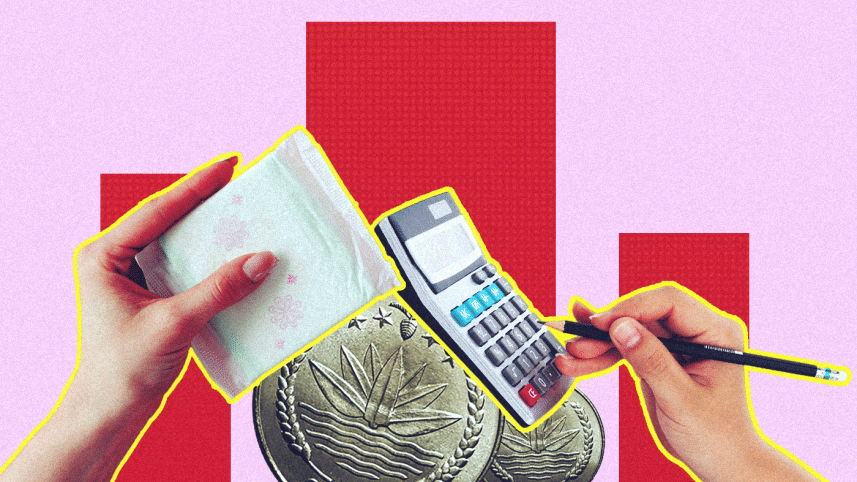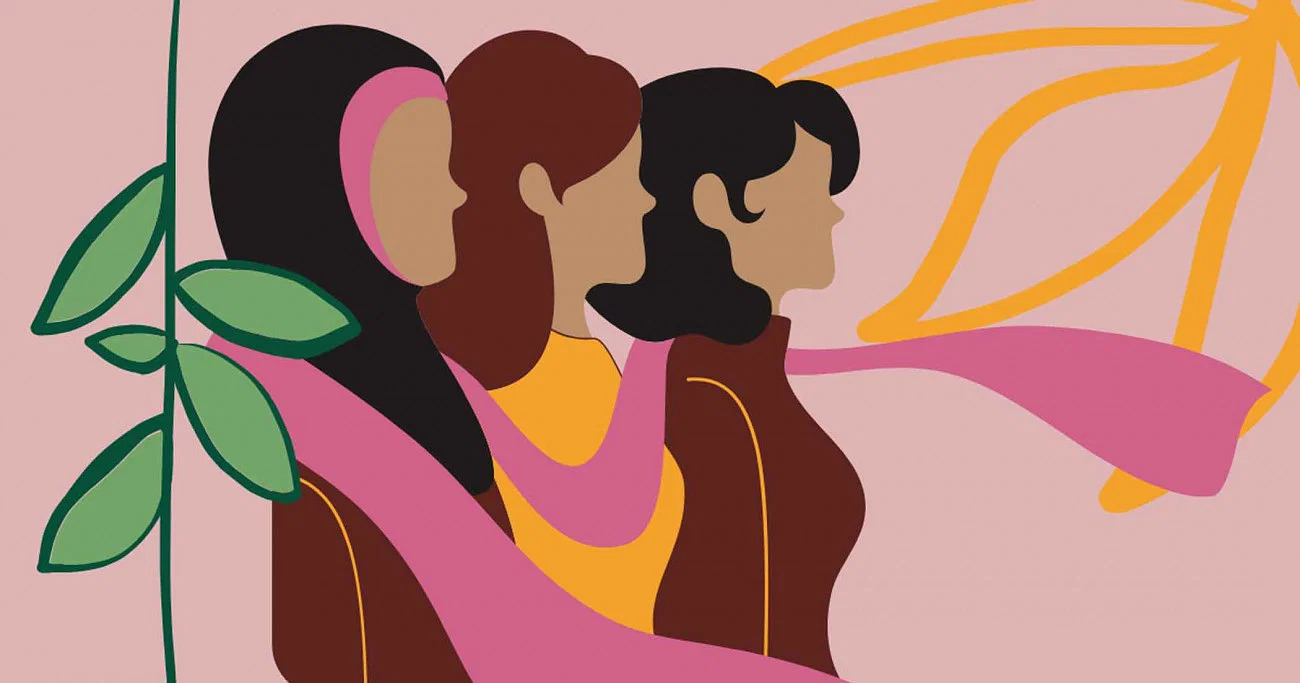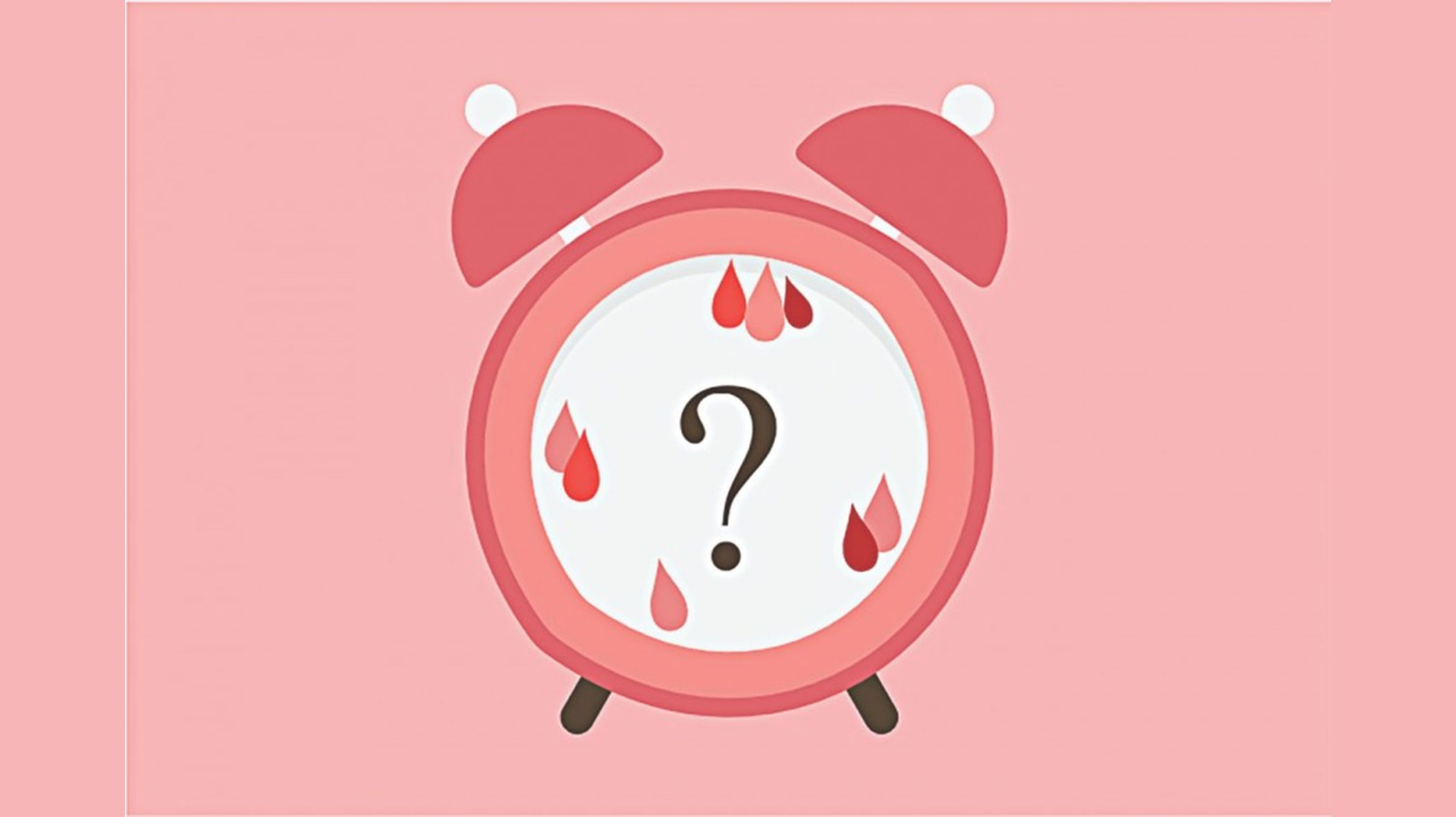What does the new budget imply for menstrual health?

Amid the controversial tax increases on some essentials in the recently revealed proposal for the FY2024-25 national budget, one pivotal initiative by the government has been to continue exempting VAT and supplementary duty (SD) on the import of specific raw materials required to produce sanitary pads and diapers. This is good news since the government has continued to exempt VAT on sanitary pad production for two consecutive years.
However, two critical questions prevail: i) has the VAT exemption helped to reduce period poverty in the country?; and ii) has society progressed in terms of normalising menstruation?
To answer these questions, let's first look into the definition of period poverty, which is "the lack of access to safe and hygienic menstrual products during monthly periods and inaccessibility to basic sanitation services or facilities as well as menstrual hygiene education."
An analysis of the initiatives listed in the Menstrual Hygiene Management (MHM) platform in Bangladesh, mentioned in the latest technical brief on menstrual hygiene management by icddr,b (2022), shows that 18 organisations implemented 51 interventions across 27 districts. However, only four projects lasted more than a year. Moreover, only 36 percent of the interventions disseminated menstrual products, 22 percent focused on menstrual product development, and 19 percent on policy reformation. Despite the usage of disposable menstrual products or clean, reusable materials among adolescent girls being above 60 percent and 50 percent, respectively, only nine percent practised adequate menstrual hygiene.
A more recent baseline survey by Inspira Advisory and Consulting for Plan International Bangladesh in Bhola and Satkhira districts found that among 168 cloth users, 88.7 percent of respondents used old clothes (kameez, saree, bed sheets, etc) to manage their menstruation, reusing them for three to six months. Although most of the respondents preferred using disposable sanitary pads, they lacked access due to significant distance to pharmacies. Dirty toilets, too much crowd, inadequate space, lack of privacy, and lack of water and soap in the toilets were cited as the top reasons for menstruating girls missing schools. Affordability of sanitary pads has not been mentioned. The report further highlights that 81.2 percent of mothers believed menstruation implies the flow of impure blood from the bodies, and most girls obtained knowledge about menstruation from their mothers.
Despite some noteworthy initiatives to improve menstrual health, such as the Strengthening Women's Ability for Productive New Opportunities (SWAPNO) project by UNDP, which empowers marginalised rural women in Kurigram to produce and sell sanitary pads, the extent and reach of such initiatives by different organisations needs more research.
Organisations are increasingly becoming aware about enhancing access to and knowledge of menstruation and menstrual products. However, unless the government reforms policies and invests more in capacity-building, the progress of remarkable initiatives by various public and private sector organisations is likely to remain slow. Most relevant policy documents, except the National MHM Strategy 2021 and the National Strategy for Adolescent Health 2017–30, lack the mention of menstrual hygiene management. Such lacking can beget lesser actions towards breaking stigma surrounding menstruation, potentially hindering efforts to break the stigma and reduce period poverty in the country.
The Centre for Policy Dialogue (CPD) made some recommendations in March this year, prior to the presentation of the proposed budget, suggesting that the total tax incidence (TTI) on imported raw materials used for the production of sanitary napkins should be zero, along with an exemption on all forms of VAT, customs duty (CD), SD, advance income tax (AIT), and regulatory duty (RD). They also recommended reducing the tax on imported sanitary pads to 31.93 percent in FY2024-25 while ensuring tariff protection for domestic producers.
The document further highlights government programmes with budget allocations of less than Tk 100 per beneficiary per month. For instance, the allocation is only Tk 22 per month for improving the work environment in the ready-made garment (RMG) sector and only Tk 48 per month for maternal, child, reproductive and adolescent health. Given that the average price of sanitary pads ranges from approximately Tk 55 to over Tk 500, they continue to remain unaffordable for marginalised communities, who don't receive adequate investment and resources and therefore, monetary freedom to spend on menstrual products.
Furthermore, limited research in Bangladesh on period poverty and menstrual health and hygiene primarily focus on adolescent girls. Research on the extent to which working women, transgender individuals and non-binary people face period poverty is amiss. There is also a dearth of research on issues such as the feasibility of alternative products such as menstrual cups and whether men have become more sensitised to menstruation. The last National Hygiene Survey was conducted in 2018, and the latest research currently available covers only a few districts or regions in the country. This renders us from a more comprehensive view of menstrual needs in the country, especially in terms of the impact the VAT exemption had in FY2023-24.
The aforementioned aspects should be carefully considered, and proactive measures must be taken to improvise the VAT exemption strategies. Government bodies and regulators need to ensure these improvements are effectively reflected in future budgets.
As the saying goes, time is of essence, and therefore utilising resources effectively can significantly improve the lives of menstruators in Bangladesh.
Maisha Zaman is a contributing writer at The Daily Star. She can be reached at maisha.zmm@gmail.com.
Views expressed in this article are the author's own.
Follow The Daily Star Opinion on Facebook for the latest opinions, commentaries and analyses by experts and professionals. To contribute your article or letter to The Daily Star Opinion, see our guidelines for submission.



 For all latest news, follow The Daily Star's Google News channel.
For all latest news, follow The Daily Star's Google News channel. 


Comments